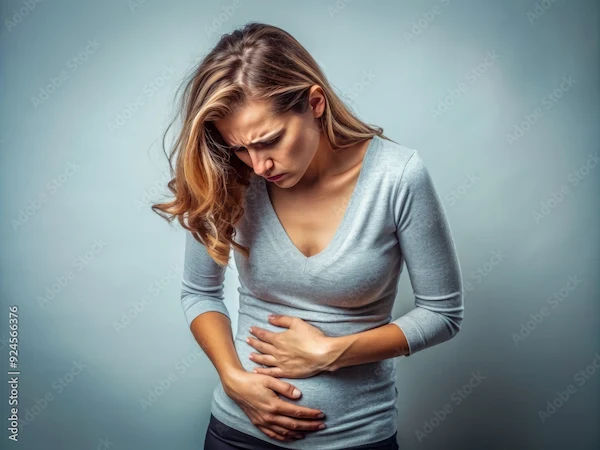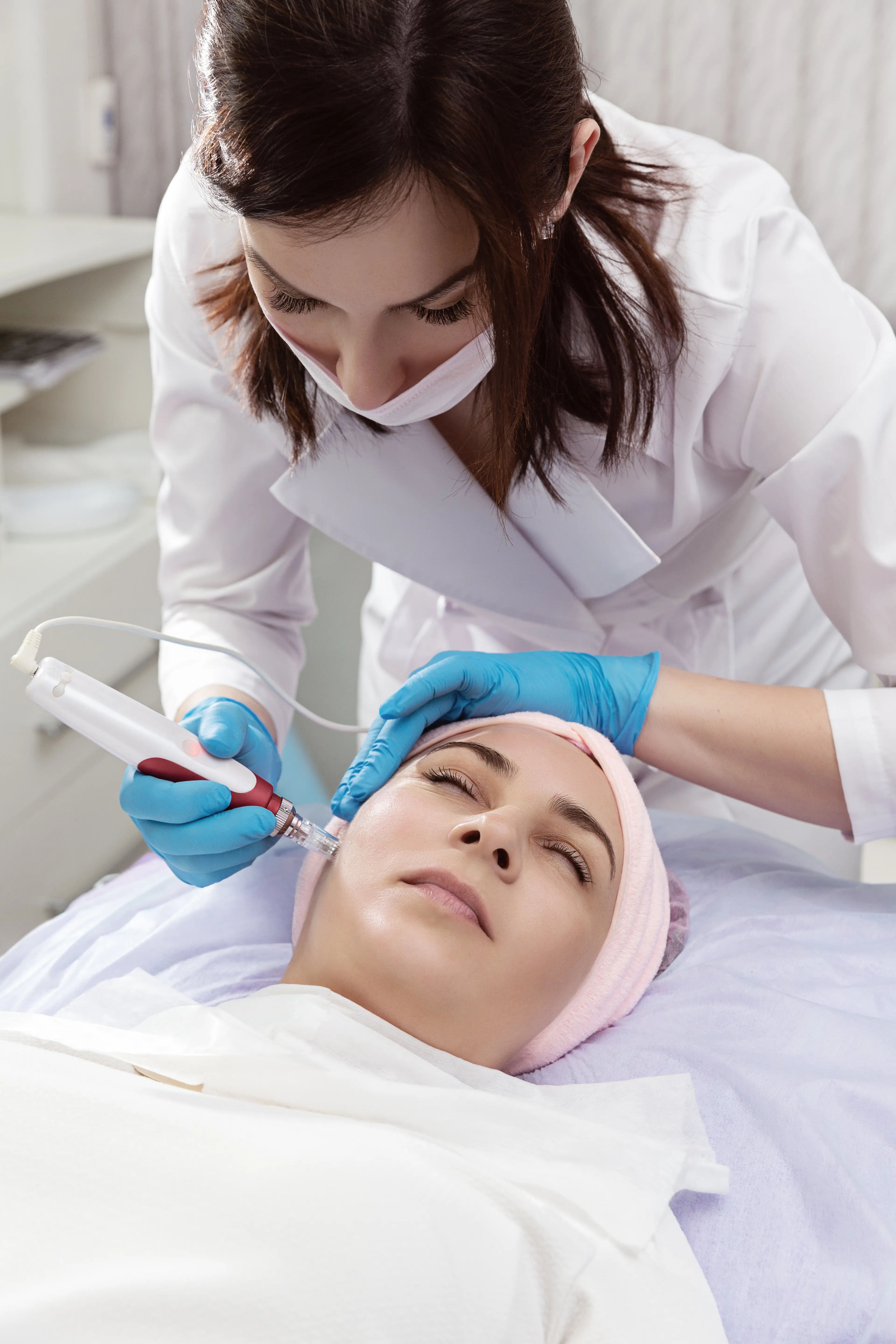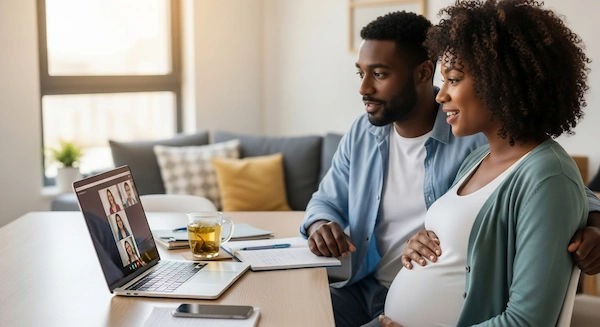- Female
- 23 Years
- 22/01/2025
Can you have PCOS but still have regular periods? My ultrasound just mentioned I have bilateral polycystic ovaries, not PCOS or PCOD. What does that mean?
Answered by 1 Apollo Doctors
Bilateral polycystic ovaries, also known as polycystic ovary syndrome (PCOS), is a hormonal condition that affects the ovaries. It occurs when the ovaries produce too many androgens, which are hormones that prevent follicles from maturing and releasing eggs. This results in the ovaries becoming enlarged and containing many small cysts. PCOS is a common condition that affects women of reproductive age. Symptoms include: Irregular or missed periods Excess hair growth Acne Weight gain Darkening of the skin Skin tags Thinning hair
Dr. Anshul Suggests...
Consult a Obstetrician and Gynaecologist
Answered 04/07/2025
0
0

Ask Apollo
AI powered Health Chatbot
-
Understanding PCOS and Menstrual Regularity
- PCOS can present with regular periods, especially in early or mild cases.
- Regular periods do not rule out PCOS; other symptoms and tests are crucial for diagnosis.
-
Meaning of Bilateral Polycystic Ovaries on Ultrasound
- 'Bilateral polycystic ovaries' means multiple small follicles in both ovaries on ultrasound.
- This finding alone does not confirm PCOS or PCOD.
-
Difference Between Polycystic Ovaries and PCOS/PCOD
- Polycystic ovaries can be a normal variant without hormonal imbalance or symptoms.
- PCOS diagnosis requires clinical symptoms, hormonal tests, and ultrasound findings.
-
Importance of Comprehensive Evaluation
- A full clinical assessment, including symptoms, blood tests, and ultrasound, is needed for diagnosing PCOS.
- A healthcare provider, such as a gynecologist or endocrinologist, can guide diagnosis and management.
-
Reassurance and Next Steps
- Having polycystic ovaries on ultrasound without symptoms is not necessarily a disease.
- Monitor symptoms and consult a specialist if concerns arise or symptoms develop.
Recommended next steps
Consult a Obstetrician and Gynaecologist or Consult a Endocrinologist
Answered 20/08/2025
0
0

More Obstetrics & Gynaecology Health Queries
View allI'm a bit worried about a recent situation and need some advice. My wife and I had sex on the night of May 19th. Her menstrual cycle is about 26 days long, and her last period started on May 11th. We got concerned because we thought it might have been her fertile window, so she took an emergency contraceptive pill the next morning on May 20th. What are the chances she could still get pregnant given the timing and everything?
no
Answered by 1 Apollo Doctors
I'm currently 32 weeks pregnant and just found out that my placenta is at grade 2 maturity. I'm a bit worried about what this means. Is this something I should be concerned about? Are there any specific precautions or things I should be doing to ensure everything's okay? Would love some guidance here.
no need to worry follow your doctors advice
Answered by 1 Apollo Doctors
I've had this really painful pimple on my vaginal lip for about a week now, and it has pus. Any advice on what I should do?
It sounds like you may have a painful cyst or abscess, possibly a Bartholin's gland cyst, which can become infected and filled with pus. I recommend seeing a healthcare provider for an evaluation and potential drainage if necessary, and to avoid squeezing or irritating it further in the meantime.
Answered by 1 Apollo Doctors
Disclaimer: Answers on Apollo 247 are not intended to replace your doctor advice. Always seek help of a professional doctor in case of an medical emergency or ailment.





